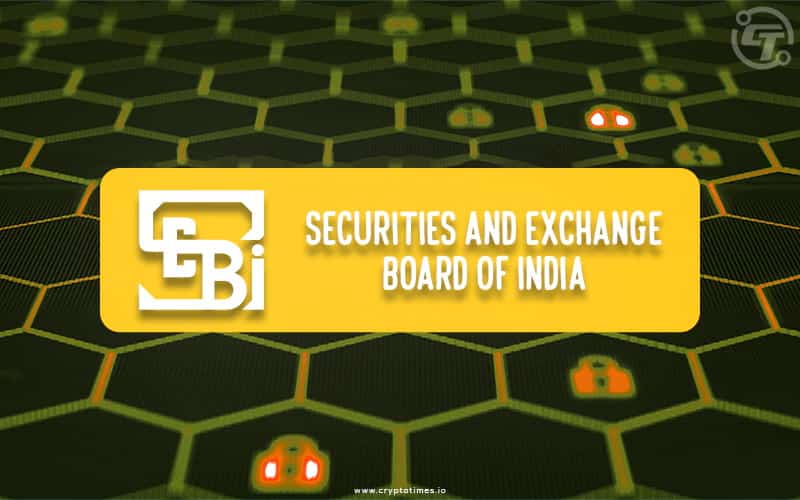In Brief:
- SEBI on Wednesday asked depositories to use blockchain ledger for security creation
- It offers better protection against different types of cyber-attacks because of its distributed nature, which removes the single point of attack, Sebi said in a statement.
Market regulator SEBI on Wednesday released a circular on “Security and Covenant Monitoring Using Distributed Ledger Technology”. In the circular, the regulator urged depositories to use blockchain ledger for monitoring security creation and covenants of non-convertible securities.
The ledger has more potential than the traditional centralized databases since it provides a more resilient system. It offers better protection against different types of cyber-attacks because of its distributed nature. This would remove the single point of the attack, said SEBI.
The regulator also mentioned that it is developing a platform for “security and covenant monitoring systems”. Depositories would host this platform.
The move aims at reinforcing the process of security creation and monitoring of security created, asset cover and covenants of the non-convertible securities.
The New DLT System
The system using DLT will be used for recording the process of creation and monitoring security. debenture trustees will use it for continuous monitoring of covenants. The system will credit-rate the non-convertible securities by the credit rating agencies (CRAs).
As per SEBI, DLT enables programming of pre-agreed conditions. It would execute these conditions once certain conditions hold. Hence, it will enable to program a logic that will not allow additional charge on any asset, if the charge is already created up to the present value of the asset.
“A system using blockchain technology for non-convertible securities along with the underlying assets would be created and all charges and asset valuation transactions shall be recorded by the respective entities including Issuers, debenture trustees, Credit Rating Agencies, etc,” Sebi said.
The system will give permissions to the debenture trustees, issuers and credit rating agencies to update the information. It would be accessible to other entities like stock exchanges and depositories.
The system will cryptographically sign and time-stamped all the information stored. It would sequentially add the information to ledger and provide a verifiable audit trail of transactions.
Also Read: Indian Govt Will Take more steps to Eliminate Crypto-Assets Use
After DLT gets the permission, all the relevant stakeholders will have access to their portion of information in the distributed ledger. DLT will fully encrypt all transaction history. It would share The transaction data with necessary stakeholders on a need-to-know basis.
“Thus this system will be a quasi-registry of charges on full implementation and will achieve the objective viz –what is the value of security that a charge holder has and who all does it shares with,” Sebi noted.
SEBI said that it will implement The new system by April 1, 2022.







